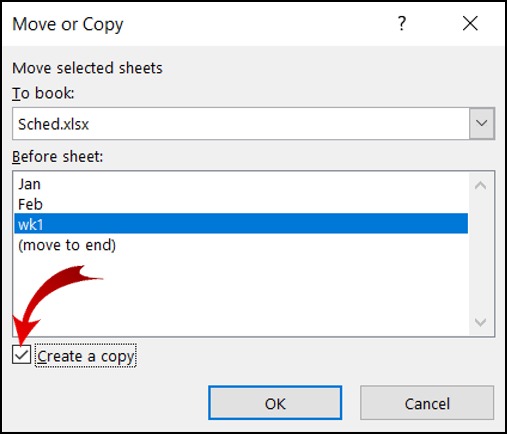Effortlessly Fill Excel Sheets with Numbers: Simple Guide

Managing data in Excel can often seem daunting, especially when it comes to the task of filling multiple cells with a sequential series of numbers. Whether you're compiling reports, managing inventories, or tracking financial data, automating this process can save you a significant amount of time and reduce errors. Here, we'll dive into how you can effortlessly fill Excel sheets with numbers using a few straightforward techniques.
Method 1: Using Autofill

Excel’s Autofill feature is perhaps the simplest way to fill a series of numbers:
- Start by typing the first number in your desired series into the first cell.
- Click and drag the fill handle (a small square at the bottom-right corner of the cell) down or across to the cells you want to fill.
- Once you release the mouse, Excel will automatically fill the cells with a series of incrementing numbers.
💡 Note: If your series doesn't start from the default, like if you want to fill every third number, enter the first two numbers of the series and then drag to extend the pattern.
Method 2: Series Fill with Series Dialog

Excel also offers a Series dialog for more control:
- Select the range of cells you want to fill.
- Go to Home tab > Fill > Series. Here, you can define the Step value and Stop value to create a custom number series.
- Choose whether to fill in rows or columns, and select Linear or Growth for the pattern type.
Method 3: Custom Formulas

Use formulas for a more dynamic approach:
- Enter the starting number in the first cell, say cell A1.
- In the next cell (e.g., A2), enter a formula like
=A1+1. - Copy this formula down the column by selecting the cell with the formula, then dragging the fill handle or using the Ctrl+D shortcut to fill the formula into the cells below.
Advanced Techniques

Filling Non-Contiguous Ranges

What if you need to fill numbers into cells that aren’t in a contiguous block?
- Hold down the Ctrl key and select the cells you want to fill.
- Enter the first number in the first selected cell, then drag the fill handle while keeping Ctrl pressed to fill only the selected cells.
Custom Fill Series

Excel allows you to define custom fill series for repeated use:
- Go to File > Options > Advanced > Edit Custom Lists.
- Type in your custom list of numbers, separated by commas, and add it to the list for quick access.
📌 Note: Custom lists are particularly useful for lists that aren't standard, like fiscal periods or special project codes.
Using Keyboard Shortcuts

Enhance your workflow with these shortcuts:
- Ctrl + D fills down the contents of the cell above.
- Ctrl + R fills to the right with the contents of the cell to the left.
With these methods at your disposal, you can ensure that filling numbers in Excel becomes a breeze, allowing you to focus on analyzing the data rather than entering it manually.
To wrap up, the ability to fill Excel sheets with numbers efficiently is an essential skill in data management. Whether you opt for the simplicity of Autofill, the precision of the Series dialog, or the power of custom formulas, Excel provides you with the tools to work smarter, not harder. By mastering these techniques, you'll enhance your productivity and accuracy, making data input in Excel an effortless task.
Can I fill numbers in reverse order in Excel?

+
Yes, you can fill numbers in reverse order. Start by entering the highest number, then go to Fill > Series and set a negative step value.
How can I fill in decimal numbers?

+
To fill decimal numbers, simply start your series with a decimal number, like 1.5, and use one of the methods described above to continue the pattern.
Is there a way to fill numbers skipping cells?

+
Yes, you can fill numbers while skipping cells. Hold down the Ctrl key, select the cells in the pattern you want, and drag the fill handle to fill only the selected cells.



